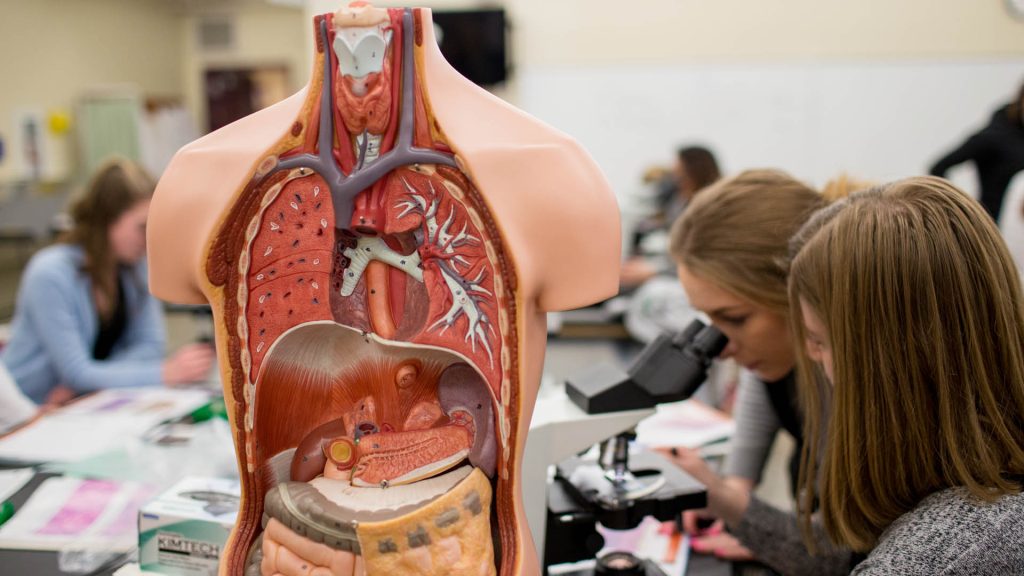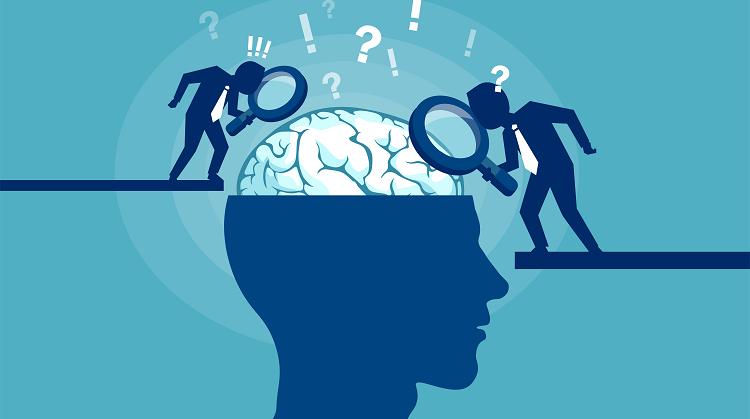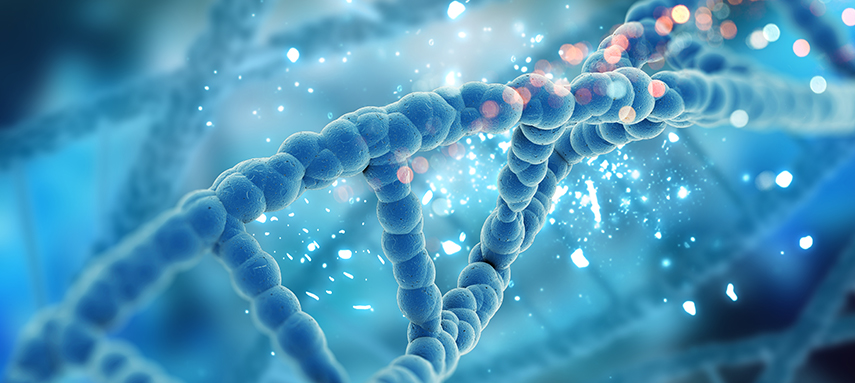What is Neuroscience?
This vast field studies the nervous system and its impact on living beings. The brain, spinal cord, and peripheral nerves comprise one of the human body’s most complex and sophisticated systems. It is responsible for receiving, transmitting, and processing information, ultimately shaping our behaviour, cognition, and perception.
Source: cdn2.psychologytoday.com
An interdisciplinary field
Neuroscience draws upon expertise from various disciplines, such as biology, chemistry, physics, psychology, and computer science. One of the most challenging aspects is the sheer complexity of it all. The brain alone contains billions of neurons, each with its unique structure, function, and connectivity.
Furthermore, these neurons form complex networks that process information and communicate with each other, resulting in behaviour and cognition. Understanding the workings of these networks is a daunting task that requires advanced computational and analytical tools.
It’s a fascinating subject!
Despite its challenges, neuroscience is an exciting and rewarding field of study. Through neuroscience research, we can develop new treatments for brain disease such as Alzheimer’s disease, Parkinson’s disease, and epilepsy. Understanding brain mechanisms, neural responses, and human intelligence is exciting.
All these conditions have unknown or vaguely known aetiology, and treatments aren’t all that great in curing these conditions. By understanding the neural basis of cognition, we can unlock the secrets of the human mind and develop technology to enhance brain function.
The rewards of studying neuroscience are immense, and the impact of its research can change lives.
Source: brainfacts.org
Challenges and fascinations of neuroscience:
1) COMPLEXITY
Firstly, neuroscience is challenging because of how vast and nuanced it is. The brain alone contains billions of neurons, each one connected to many others in complex networks that transmit and process information.
Understanding how these networks work and how they contribute to human behaviour and cognition is a daunting task that requires a combination of different scientific fields, such as biology, chemistry, psychology, statistics, and physics. The basic principles of this subject lie in the three foundational sciences taught in schools. The complexity makes it unique and looked up to by many in awe.
2) UNDERSTANDING THE MAMMALIAN BRAIN
“I walked back into the cold room that night and saw the remains of those three human brains- three-pound universes when alive, in death looking like nothing so much a half-eaten turkey carcass- waiting to be swept into the garbage. The fragility of life, the ruthlessness of science, the folly and beauty of it all moved through me, striking an emotional chord so powerful I can still feel its vibration.”
–Molecules of Emotion, by Candace B. Pert, Ph.D.
Candace Pert was a neuroscientist who discovered and demonstrated the presence of opioid receptors in brains and opened up a new arena in cognitive science and medicine, which discussed the relationship between the mind and the body.
Scientists like Pert have shown the potential of neuroscience to unlock several mysteries about the brain and the mind. It unravels enigmas and amazes all who wonder about every small thing in life.
Source: knowledgeone.ca
Neuroscience explains how memories are formed and stored, how addiction works, how consciousness arises, and how ageing and diseases affect the brain. The striking diversity of topics that neuroscience covers, from molecular interactions at the synapse to the social behaviour of animals and humans, contributes to this field’s intrigue.
3) ITS APPLICATIONS
Finally, neuroscience is interesting because of its potential applications. The discoveries and advancements in neuroscience research can lead to new treatments for neurological and psychiatric disorders. It could also help to enhance human performance and unlock new potentials, such as developing brain-computer interfaces or restoring damaged neural pathways.
This multifaceted field of study has the potential to uncover the mysteries of human brain function and cognition. Its complexity, potential for discovery, and practical applications make it a truly fascinating and exciting field of study.
Biology is the basis
Biology is the foundation of neuroscience, providing the fundamental understanding of the biological structures and processes underlying brain function. At the cellular level, neurons, the nervous system’s basic unit, communicate through electrical and chemical signals.
These signals allow for the transmission of information throughout the brain and the rest of the body, ultimately allowing for the coordination of physical movements, cognitive processes, and emotional responses.

Source: georgefox.edu
Down to the molecular level
By studying biology, we gain insight into the intricate mechanisms that regulate gene expression, which plays a critical role in the development and function of the nervous system.
Various factors, such as environmental cues, hormones, and neurotransmitters, can influence gene expression in the cerebral cortex and the rest of the body. It can impact various aspects of brain function, including learning and memory, emotion regulation, and sensory perception.
The study of biology can also shed light on areas like cognitive neuroscience and mechanisms of neuroplasticity, which is the brain’s ability to adapt and change in response to experiences.
Source: dbs.nus.edu.sg
At the molecular level, neuroplasticity involves changes in gene expression and protein synthesis, which can alter the strength and connectivity of synaptic connections between neurons. This process is crucial for learning, memory, and recovery after brain injury or disease.
Biology tuition here at Championtutor!
Looking to enhance your understanding of biology and neuroscience? Look no further than ChampionTutor! As the leading tuition agency in Singapore, we offer top-quality biology tuition services to help students excel in their studies and pursue careers in healthcare and scientific research.
Our experienced and dedicated tutors provide personalized instruction tailored to each student’s abilities and learning style. With our comprehensive curriculum, students will gain a strong foundation in the fundamental principles of biology and neuroscience, including the structure and function of cells, the nervous system, and the mechanisms that regulate gene expression and neuroplasticity.
Source: yetiacademy.com
Exam guidance
Our biology tuition services also include exam preparation and guidance, ensuring that students are fully prepared for their exams and achieve their desired results. With our expert tutors and a comprehensive curriculum, students can fully grasp neuroscience concepts and understand their implications on modern medicine.
So why wait? Sign up for ChampionTutor’s biology tuition services today and unlock the door to a bright healthcare and scientific research future!





